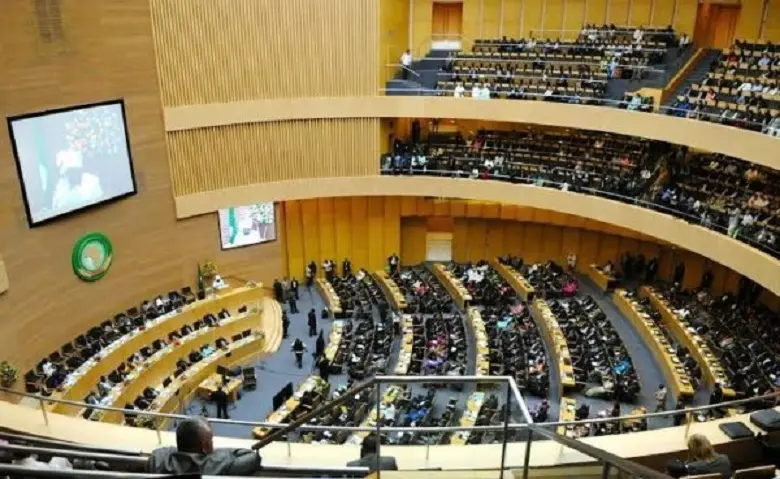On Thursday, President Bola Tinubu announced that he would accept a proposal for direct election of members to the Economic Community of West African States’ parliament.
Tinubu stated that the measure will allow citizens of member states a say in who represents them.
“As a one-time legislator myself, I look forward to reviewing the proposal regarding this matter. We stand to support the direct elections into ECOWAS parliament,” said Tinubu when he swore in 97 members into the 6th ECOWAS parliament at the Abuja International Conference Centre.
His remarks came against the backdrop of the ECOWAS parliament being populated by current parliamentarians from the 15 member states.
The President said, “The practice of directly electing public officers aligns with democratic principles, principles that Nigeria upholds
“This principle is also in line with the spirit of the ECOWAS protocol on democracy and good governance.
“We believe this will ensure that citizens will have a direct say in their representation and the legitimacy and credibility it will provide.”
He assured members of the sixth ECOWAS Parliament that Nigeria, as host of the community, “will continue to support you to achieve your objectives.”
The ECOWAS parliament, also known as the C
Community parliament was established under Articles 6 and 13 of the ECOWAS Revised Treaty of 1993.
The initial protocol establishing the parliament was signed in Abuja on August 6, 1994, providing for the structure, composition, competence, and other matters relating to the parliament.
The parliament is composed of 115 seats. Each member state has a guaranteed minimum of five seats while the remaining 40 seats are shared based on population.
However, only 97 members, comprising lawmakers from various member states, were sworn in Thursday.
They include 35 members from Nigeria and five each from Benin Republic, Cabo Verde, The Gambia, Guinea-Bissau, Liberia, Sierra Leon, and Togo.
Others include eight members from Ghana, seven from Cote d’Ivoire and six each from Senegal and Guinea.
Mali, Niger and Burkina Faso have no representatives in the sixth parliament as these states had expressed their intention to exit the bloc.
Citing earlier remarks by the ECOWAS Commission President, Dr. Omar Touray, President Tinubu appealed to the trio to reconsider their stance as their exit could spell far-reaching consequences for their citizens as well as the region.



